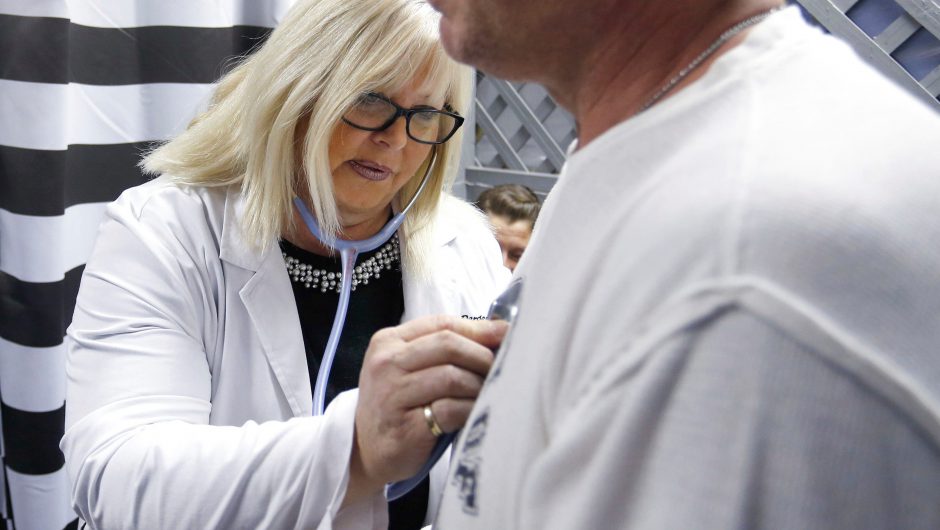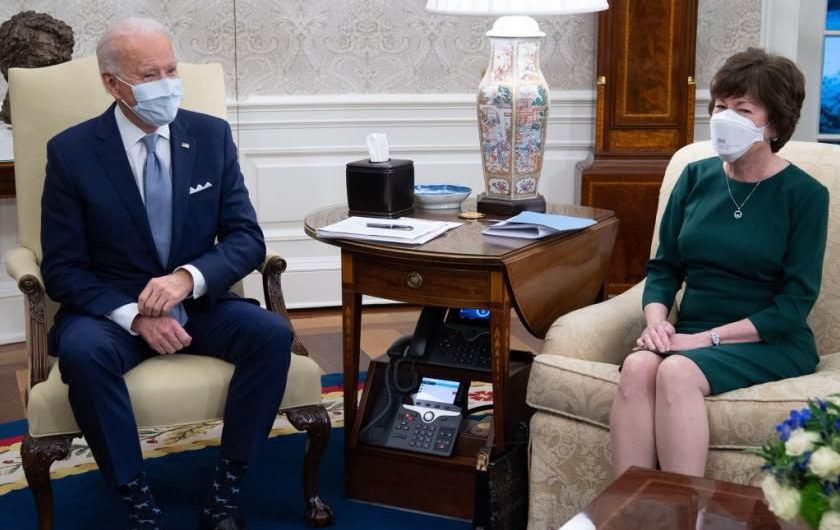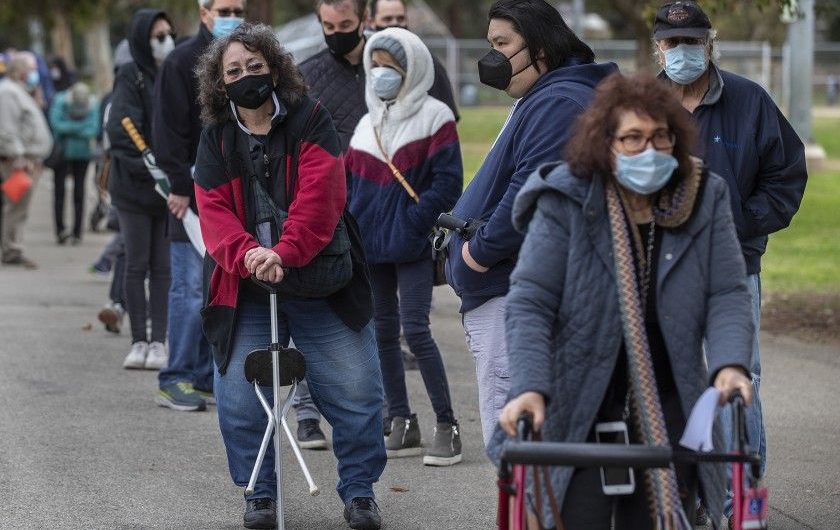[ad_1]

The House of Representatives condemned China’s treatment of Muslim Uyghur minorities on Wednesday with dozens of lawmakers voting by proxy for the first time in history.
Democrats authorized proxy voting this month due to the coronavirus pandemic, arguing it was a wise move to protect the health of members. Republicans oppose the reform and are suing to have it ruled unconstitutional.
Although the legislation is likely to further sour relations between the US and China, it was uncontroversial among lawmakers, passing 413-1. It passed the Senate unanimously this month.
The Uyghur Human Rights Policy Act authorizes the Trump administration to sanction Chinese officials responsible for censorship or detaining large numbers of Uyghurs in western China in what the Chinese government claims is an antiterrorism campaign.
Republicans supported the bill authored by Sen. Marco Rubio (R-Fla.) despite warning that they believe any legislation passed using proxy votes ultimately will be struck down by a Supreme Court decision.
“For more than 231 years, never have we seen a proxy vote on the floor of the House,” House Minority Leader Kevin McCarthy (R-Calif.) told reporters Wednesday morning. “Whatever the Democrats move forward will probably never be held up to be law.”
Before lawmakers voted, McCarthy noted that 71 Democrats sent letters to the Clerk of the House authorizing lawmakers to vote for them, whereas just 12 Democrats missed a vote this month on a doomed $3 trillion coronavirus package.
“I wonder if any of them are having a fundraiser today,” McCarthy said.
Four New York Democrats voted by proxy: Reps. Nita Lowey, Carolyn Maloney, Jose Serrano and Paul Tonko.
Rep. Grace Meng, a Democrat who represents Queens, removed her mask at a lectern as she announced that she was voting in favor of the bill on behalf of Lowey, Serrano and Tonko.
Democratic Rep. Max Rose, who represents Staten Island and part of Brooklyn, voted on Maloney’s behalf.
There were minor bumps in lawmakers voting for each other. Rose stumbled over the wording of a statement announcing Maloney’s vote. “Get it right,” a man said into a C-SPAN hot mic.
Rep. Brad Sherman voted on behalf of fellow California Democrat Rep. Ro Khanna, but twice mispronounced his name as “Ka-hanna.”
Rep. Don Beyer of northern Virginia voted on behalf of seven colleagues, but had to return to the lectern after appearing to forget one, Rep. Ted Lieu (D-Calif.).
Beyer also voted for Reps. Earl Blumenauer (D-Ore.), Steve Cohen (D-Tenn.), Rep. Bill Foster (D-Ill.), Gwen Moore (D-Wis.), Marc Veasey (D-Texas), Alan Lowenthal (D-Calif.) and Ward.
Democrats and Republicans sparred throughout the day on whether the reform is legal. House Rules Committee Chairman Jim McGovern (D-Mass.) said Republicans were wrong to characterize proxy voting as a dereliction of duty, saying lawmakers still “have to pay attention to the proceedings” and inform their proxy how to vote.
Similar versions of the bill condemning China’s treatment of the ethnic group passed the House and Senate last year, before the coronavirus pandemic, which many US officials blame on ineffective containment and deception by Chinese government officials.
Later Wednesday, the House is schedule to vote on extending provisions of the Foreign Intelligence Surveillance Act. That bill is likely to fail after late-breaking opposition from President Trump and the Congressional Progressive Caucus.
[ad_2]
Source link







